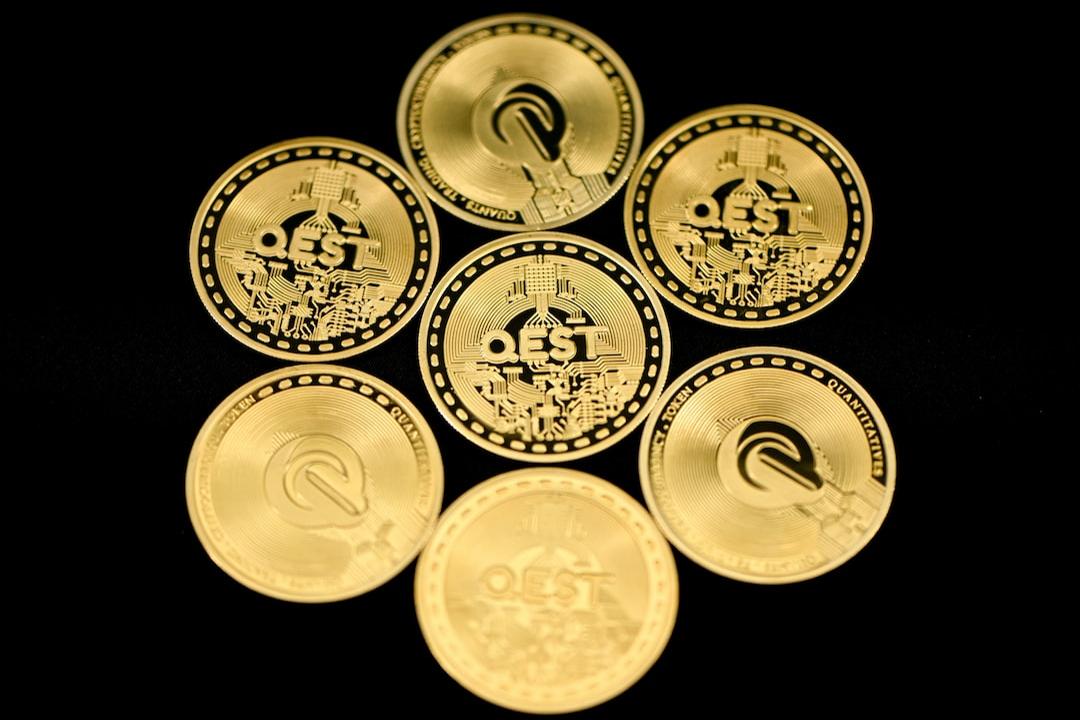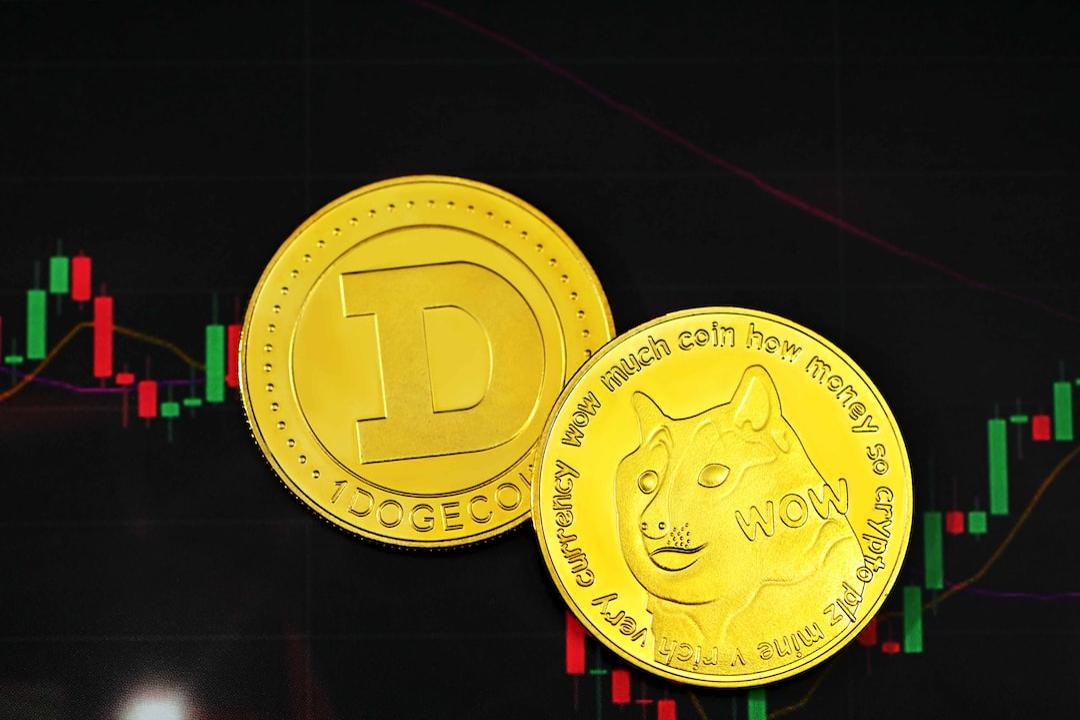China Continues to Sell U.S. Treasuries, Falling to Third Place Globally, Increasing Gold Holdings While Reducing Dollar Exposure?
China Continues to Sell U.S. Treasuries, Overtaken by Japan and the U.K.
According to data released by the U.S. Treasury last Friday, China has continued to sell off U.S. Treasuries and has been surpassed by Japan and the United Kingdom, falling to third place as the largest holder of U.S. debt globally. Many believe that China’s reduction in U.S. Treasury holdings in recent years highlights Beijing’s efforts to diversify its reserves and reduce its reliance on the United States. The comprehensive sell-off of U.S. Treasuries, the dollar, and U.S. stocks triggered in the month following Trump’s initiation of the trade war has made this data particularly noteworthy.
China’s Continued Sell-off of U.S. Treasuries
In 2019, China was the largest holder of U.S. Treasuries, but it was later surpassed by Japan. The latest data from March shows that the U.K. has, for the first time in over twenty years, overtaken China.
Currently, Japan holds $1.13 trillion in U.S. Treasuries, the U.K. holds $779.3 billion, while China holds $765.4 billion, ranking third.





Image Source: Finance M Square
No Global Sell-off of U.S. Treasuries as of March
Since President Trump initiated a radical trade war and repeatedly accused America’s economic partners of “deceiving” the U.S., foreign investor demand has been a focal point of discussions in the bond market. The “Day of Liberation” on April 2 led to a comprehensive sell-off of U.S. Treasuries, the dollar, and U.S. stocks.
However, as of the end of March, there was no evidence of a comprehensive sell-off of U.S. Treasuries by various governments. In March, countries including Japan, the U.K., Canada, and Belgium increased their holdings of U.S. debt. China, on the other hand, recorded a net sell-off of $27.6 billion in long-term U.S. Treasuries.
Japan’s holdings increased for the third consecutive month, reaching $1.13 trillion. Data indicates that Canada’s reserves rose by $20.1 billion to $426.2 billion.
According to Bloomberg, citing market analysts, the U.S. Treasuries held by Belgium include custodial accounts from China. In March, Belgium’s holdings of U.S. government bonds increased by $7.4 billion to $402.1 billion.
The Cayman Islands, seen as a popular registration location for hedge funds and other leveraged investors, saw an increase of $37.5 billion, reaching $455.3 billion.
China Increases Gold Purchases to Diversify Reserves
Many believe that China’s recent reduction in U.S. Treasury holdings underscores Beijing’s efforts to diversify its reserves and reduce its heavy dependence on the United States. The People’s Bank of China has been steadily purchasing gold since November of last year, contributing to the recent upward trend in gold prices.
(Gold approaches $3,000, hitting record highs; PBOC resumes gold purchases, increasing holdings for three consecutive months to support the yuan)
However, Brad Setser, a former U.S. Treasury official and current member of the Council on Foreign Relations, stated on X that he believes China’s shift is about “shortening the duration of its portfolio, such as increasing deposits, rather than any genuine move to divest from the dollar.”
Nonetheless, reducing long-term Treasury holdings while increasing short-term liquid dollar assets may also serve as a hedge against U.S. Treasury risks. Should any changes occur, China could quickly reclaim dollars or cease purchasing short-term Treasuries upon maturity, thereby achieving the effect of being able to reduce dollar assets at any time.
The data currently released pertains to March, which was before the trade war officially began, and it remains to be seen whether central banks will reduce their holdings of U.S. Treasuries thereafter, with insights likely to emerge only after next month’s data is released.
Risk Warning
Investing in cryptocurrencies carries a high level of risk, and their prices can be highly volatile, potentially resulting in the loss of your entire principal. Please assess risks carefully.
